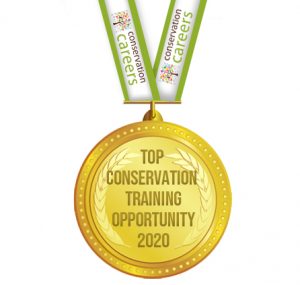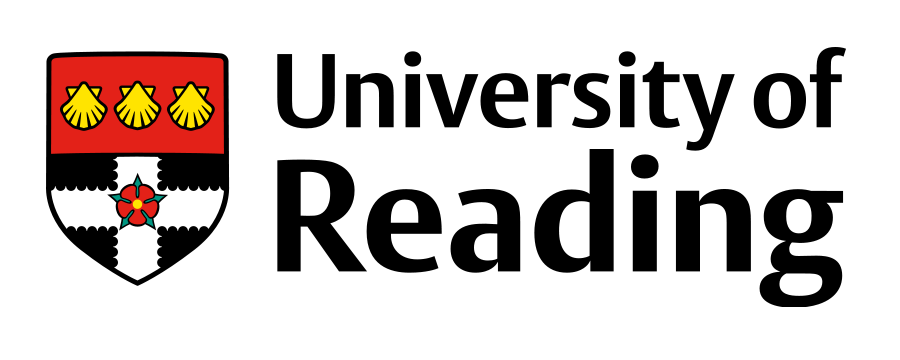Information
£13,500 per year
Designed in consultation with multiple external agencies to ensure relevant training that maximises graduate employability
- Offers substantial fieldwork opportunities in the UK and overseas
- Provides opportunities to connect with external agencies and organisations to further enhance your training
- Delivered by leading international researchers in the Centre for Ecology and Conservation
- Offers access to excellent facilities including state-of-the-art research laboratories, greenhouses and controlled environment rooms
- Comprises modules that target both research and practical conservation skills
This Masters programme is taught at our Penryn Campus in Cornwall by staff at the renowned Centre for Ecology and Conservation. The course boasts a significant research component, with substantial fieldwork opportunities in the UK as well as a field course in Africa. A distinctive and integral feature of our MSc is the high degree of input from conservationists in collaborating governmental and non-governmental organisations. This participation takes a variety of forms, including guest lectures, field visits and specific training courses, but may also include providing research projects in their organisations. Collaborating organisations include: Cornwall Wildlife Trust, Butterfly Conservation, Marine Conservation Society, Natural England, Royal Botanic Gardens Kew, Royal Society for the Protection of Birds and the Zoological Society of London.
This applied degree provides excellent employability, with our recent alumni moving onto ecological consultancy work, government conservation programmes, NGO conservation projects and fully funded PhD positions in ecology and conservation.

 Designed in consultation with multiple external agencies to ensure relevant training that maximises graduate employability
Designed in consultation with multiple external agencies to ensure relevant training that maximises graduate employability

